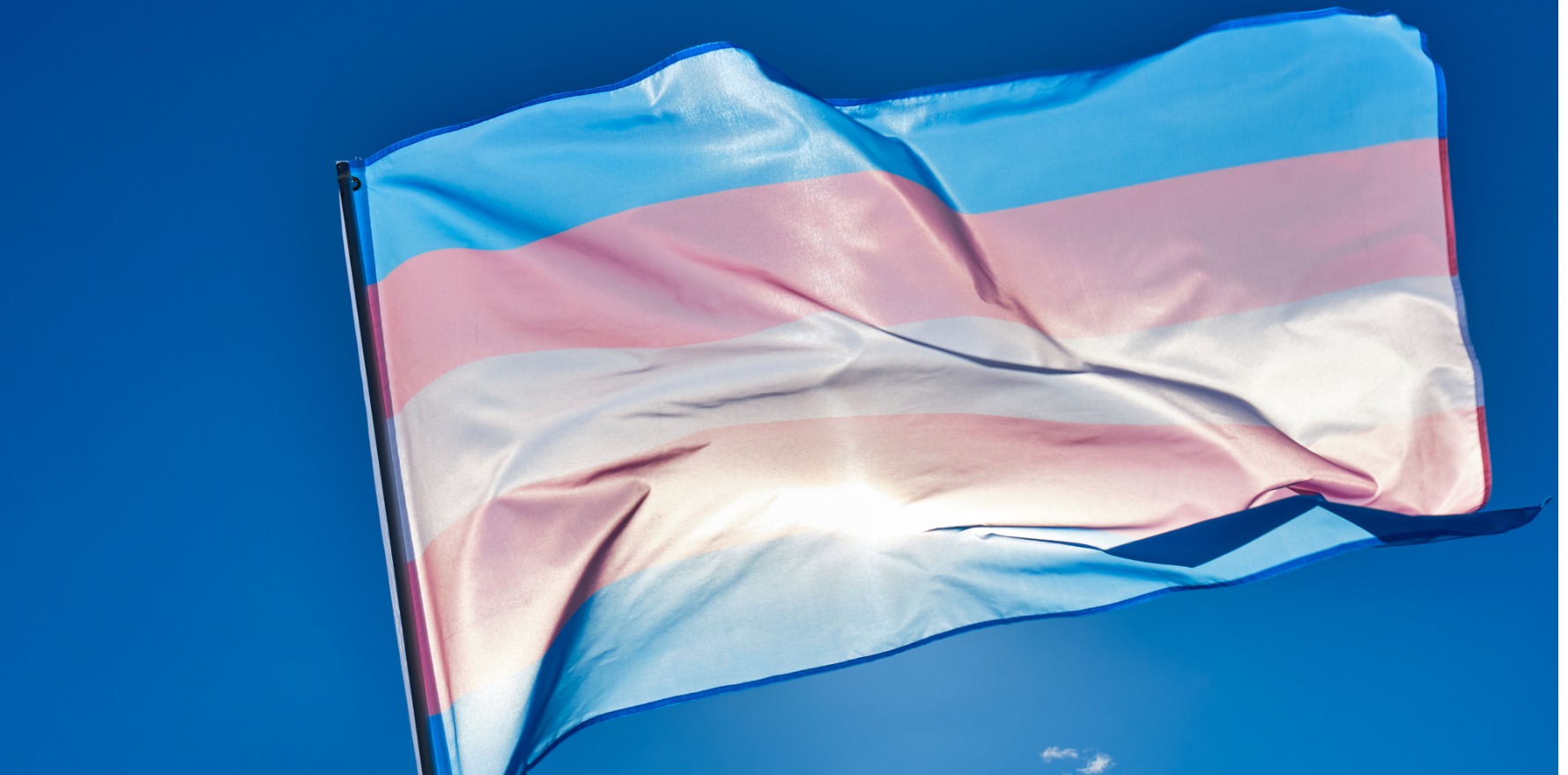Those who begin the process as adolescents will most likely persist into adulthood, new research suggests.
The vast majority of individuals who commence gender-affirming therapy during adolescence continue treatment into adulthood, according to a new study in The Lancet Child & Adolescent Health.
Recent research assessing persistence with medical transition found that 98% of people who began gender-affirming treatment in adolescence were still using gender-affirming hormones at follow-up.
This follows concerns that those who start transition process as adolescents may later regret their decision, as there are various health implications associated with discontinuation of treatment.
To understand the rate of continuation with gender-affirming treatment beyond adolescence, researchers conducted a cohort study of 720 patients with gender dysphoria who visited the gender identity clinic in Amsterdam University Medical Centre between 1972 and 2018.
Individuals who started puberty suppression in adolescence via a gonadotropin-releasing hormone agonist (GnRHa) before the age of 18 and received treatment for a minimum of three months before the addition of gender-affirming hormones, were included in the study. 30% of these patients were assigned male at birth and 70% female.
The researchers found that prescription of gender-affirming hormones was consistent with the affirmed gender in the hospital’s 2018 prescription registry for 93% of the study participants. For a further 4%, a prescription was identified in a national linked registry.
Age at first visit, year of first visit, age and puberty stage at start of GnRHa treatment, age at start of gender-affirming hormone treatment, year of start of gender-affirming hormone treatment, and gonadectomy were not associated with discontinuation of treatment.
“Most people who had started medical treatment with puberty suppression in adolescence followed with gender-affirming hormone treatment, continued using gender-affirming hormones in adulthood,” the authors wrote on the outcomes of the study.
“This proportion is reassuring considering the public concern regarding regret of transition when started in adolescence.”
They noted that factors associated with the potential cessation of treatment were not identified and highlighted this as an important future research direction.
“In the meantime, educating all young people who undergo gender-affirming treatment on the need for continued hormone treatment and on the health risks of discontinuing treatment should be a priority.”
The Lancet Child & Adolescent Health 2022, online 20 October



